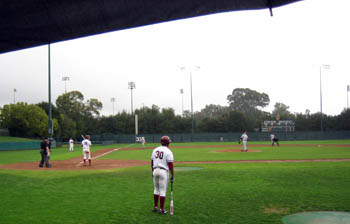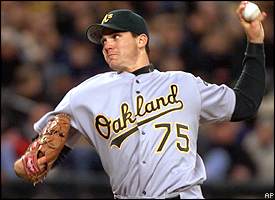
At the end of 2009 I put together a quick list of things I liked from the year. Earlier in December some friends asked if I would be making a similar list this year. And indeed, I have made one, and it is more ambitious than last year’s in its scope, volume, and design. Check it out here.
Inevitably, there are some things that I would like to mention that I liked during the year but, for one reason or another, didn’t quite make the list. Here are the honorable mentions:
Henri Cartier-Bresson at the MoMA — I’ve only gotten a quick preview of this show, but it’s very promising, and I can’t wait to take the time to really take it in. Without Bresson, the sort of photography I practice wouldn’t even be possible, so I’m looking forward to the chance to see so many of his prints in person.
Audrey Tautou — I love her acting, her films, her style, and the fact that she uses a Leica to photograph people she meets.
Difficulty — This one really should have been on the list, but I chose to write it into a couple other entries. I feel like we’ve become less and less patient when it comes to difficult things—people, art, technology, and work. But one of the things I learned in my life as a reader is that difficulty often conceals great value. And that’s something I remembered in 2010. Difficulty is something to engage with, not run away from, because the rewards for doing so can be so great. It’s closely related to insistent compassion and creating possibilities, which both made the list. You can find someone difficult to know and just throw your hands up and walk away or you can insistently try to know them because, perhaps, their worth will justify their difficulty. You can leave Gaddis and Proust and Foster Wallace and Pynchon on the shelf because their books are too long and confusing or you can take the time to read them and, perhaps, find yourself changed. And, ah ha, wouldn’t that be worth any level of difficulty?
Yanidel — The street photographer Yanick Delafoge calls himself Yanidel, and his post-processing techniques produce a look that it utterly unique and European and brilliant. I especially enjoy his photographs from Paris.
Cosi on rue de Seine in Paris — In April I returned here for the first time in nearly nine years. It still serves the best sandwiches in the world.
Ken Griffey, Jr. — He was the hottest minor league prospect in baseball at the time when I really became fanatical about the sport, and I followed his entire career until it ended this summer. His swing was beautiful, and he should go down as the greatest player of his generation. I got to see him play in the 2007 All-Star game when he started in the same outfield as Barry Bonds in San Francisco, something I’ll never forget.
Subjective Time — This is the simple but not often cited concept of how we experience time subjectively in relation to our age. It’s no secret that time seems to pass faster as we get older, but it’s not commonly known that this concept has been scientifically studied and verified. In fact, there’s even an equation that describes one’s perception of time based on her age. Given current average life expectancies in the Unites States, we feel like we’ve lived half of our lives before the age of 20. Twenty is the subjective halfway point of our lives. It’s no wonder that it seems like such a formative age!
Concord, Massachusetts — Walden Pond, Mount Misery, Sleepy Hollow, and ridiculously large servings of ice cream—and only a 30-minute drive from Cambridge!
Love and Its Opposite by Tracey Thorn — That no one else writes songs about the disappointments of middle age makes this a unique album. That Tracey Thorn does so with brilliance and nuance makes it spectacular.
Printing Photos — So much better than storing them in the “cloud.”
Generation Why? by Zadie Smith — This is one of the better things that has been written about online culture, i.e. what the Internet has done to our culture.
J.D. Salinger — Don’t ever tell anybody anything. If you do, you start missing everybody.
Don’t forget to read the final list. Click on the images to reveal the descriptions. And click on the Away arrow to open the page for a random favorite.
![Reblog this post [with Zemanta]](https://img.zemanta.com/reblog_e.png?x-id=7eabf22e-3dd1-416a-ad98-1c3a6c5cde77)
![Reblog this post [with Zemanta]](https://img.zemanta.com/reblog_e.png?x-id=adcc3f51-8b56-4b46-bfaf-86296667f357)


